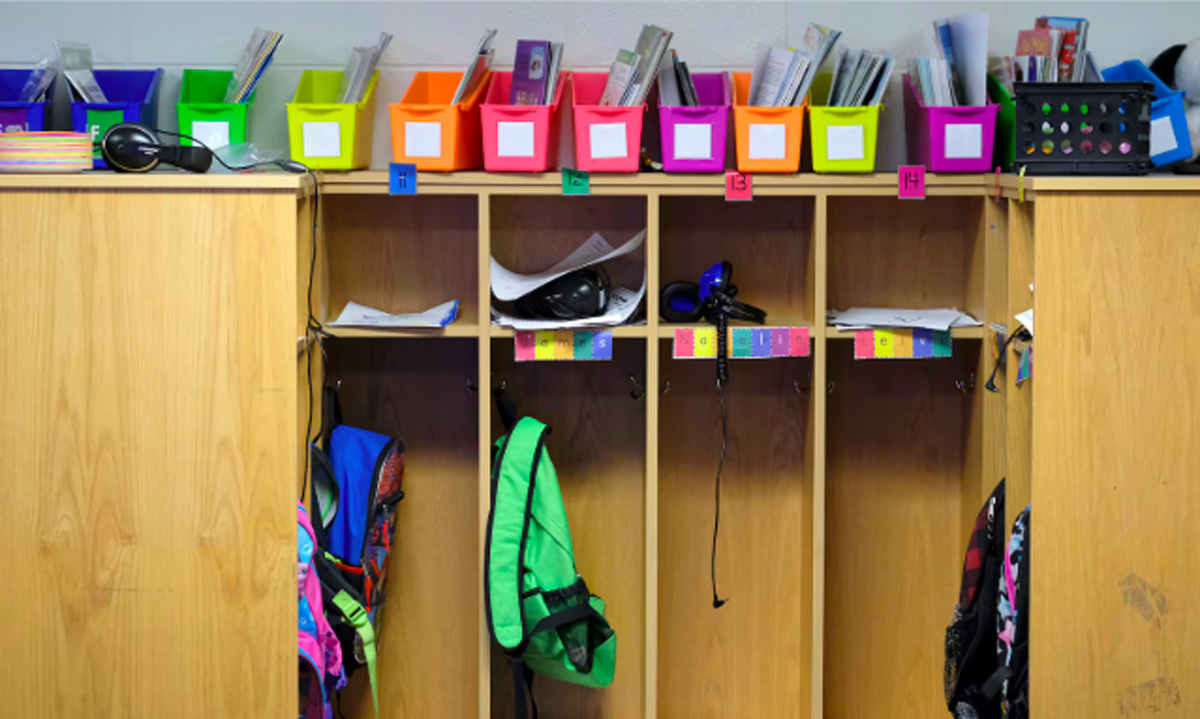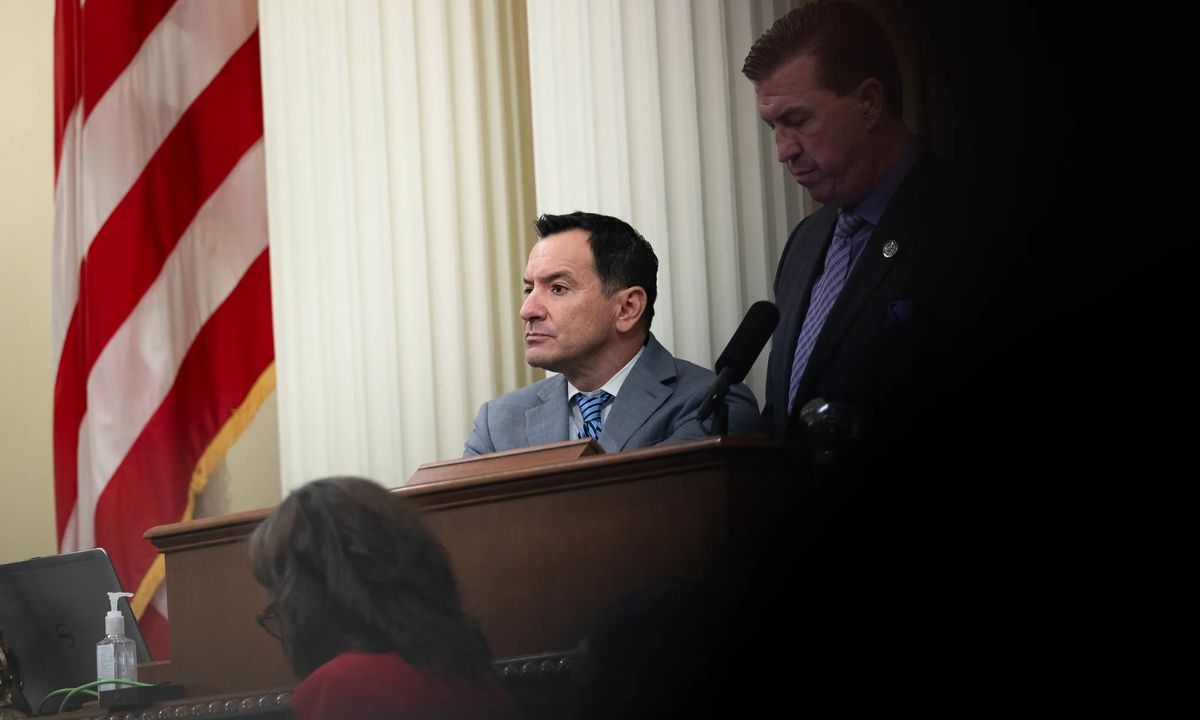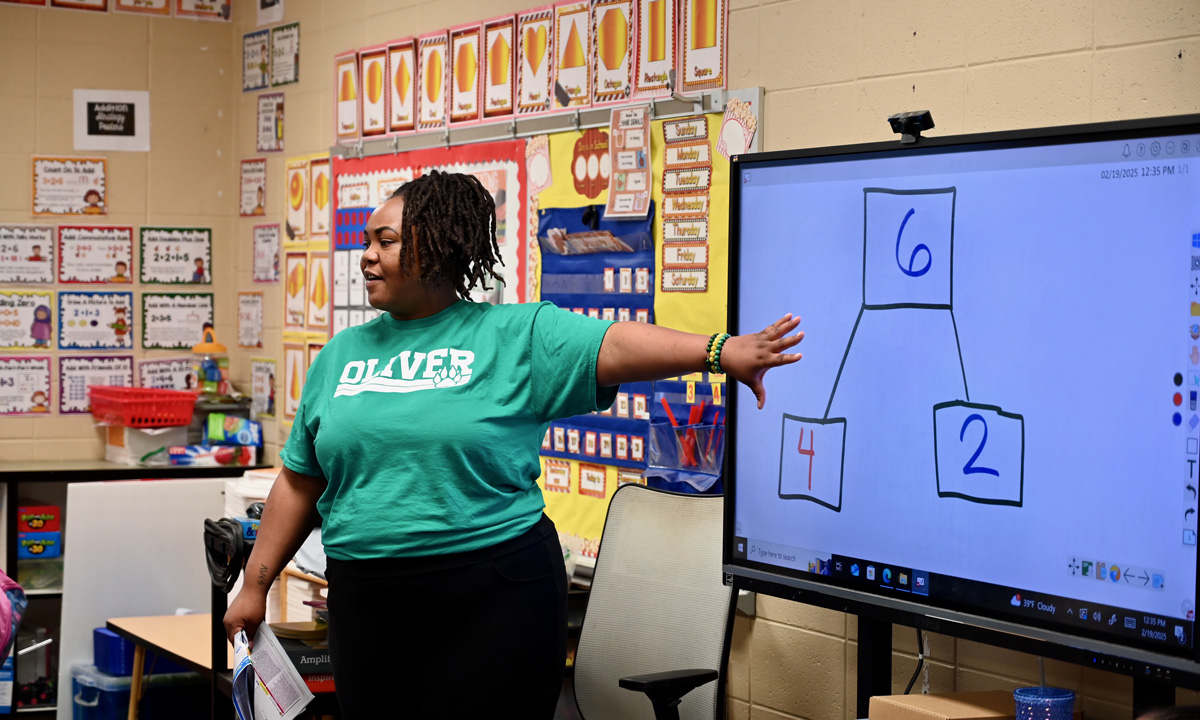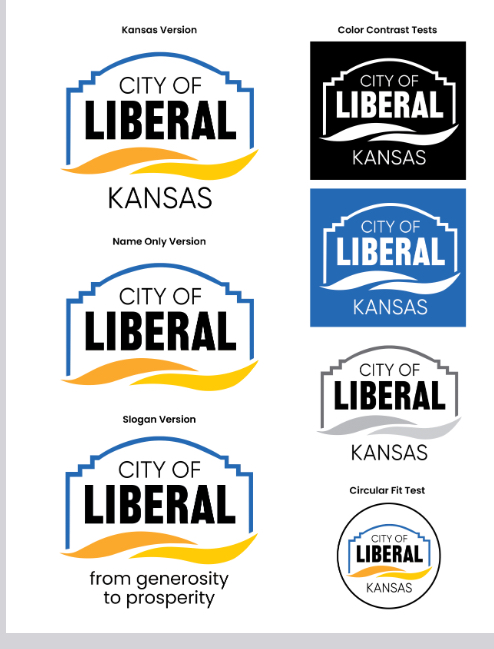To stay up to date on Marion County township districts, Indianapolis Public Schools, and statewide education news, subscribe to Chalkbeat Indiana’s free daily email.
Under a state plan for greater control over its use of federal cash, Indiana would divert $25 million in yearly federal school improvement assistance from underperforming schools.
Last week, state education officials revealed that Indiana plans to request its federal Title funds from the U.S. Department of Education in a block grant with less stringent conditions for the state’s use of the funds. Additionally, school districts would have greater freedom to support a wider range of programs using their federal funding. Currently, the funds are used to support particular student populations, such as English language learners, as well as particular initiatives, such as after-school care and professional development.
The Indiana Department of Education released additional information on Thursday regarding which awards will be impacted and the state’s plans to use the money in its place.
A major modification would be made to School Improvement awards, which are competitive awards that now support improvement plans for district and charter schools that the Every Student Succeeds Act identifies as low-performing.
According to the state’s proposal, these funds should instead be awarded to any school actively working to serve kids who would have otherwise enrolled in the qualified school. This includes microschools, charter schools, and collaborations with postsecondary institutions or industry. It would not be necessary to classify the new recipients as underperforming.
According to the proposal, this new strategy is meant to support current school improvement initiatives rather than replace them by giving families and students prompt access to better options when they’re needed. The agency would continue to take low-performing schools into consideration for investments.
According to the draft, this flexibility guarantees that families and students won’t have to rely entirely on political will to bring about creative opportunities.
Additionally, according to the draft proposal, the School Improvement Grants’ current framework has not yielded significant outcomes, and getting the money has frequently been associated with stigma.
According to the idea, [local education agencies] and partners can seek financing without this public designation by expanding eligibility through an innovation grant approach.
Other changes to grants, school grading
Instead of following each Title fund’s unique rules, school districts would be able to spend a portion of their federal cash as a block grant under the flexibility request.
While the state would still choose and allocate certain Title money to schools, the criteria for each fund would be eliminated, enabling schools to use any of the funds to support any ESSA-permitted activity.
According to the draft plan, the modification would give schools access to a bigger pool of funding for programs and lessen the administrative reporting obligations related to each program fund.
In order to comply with federal regulations, Indiana is also requesting the freedom to employ a single performance system for schools rather than a separate one. The A-F model, which is now under development, would be that new system.
Through August 25, the agency is taking online comments on its proposal. If granted, the flexibility would take effect in 2026–2027. Officials plan to file the waiver request in September.









